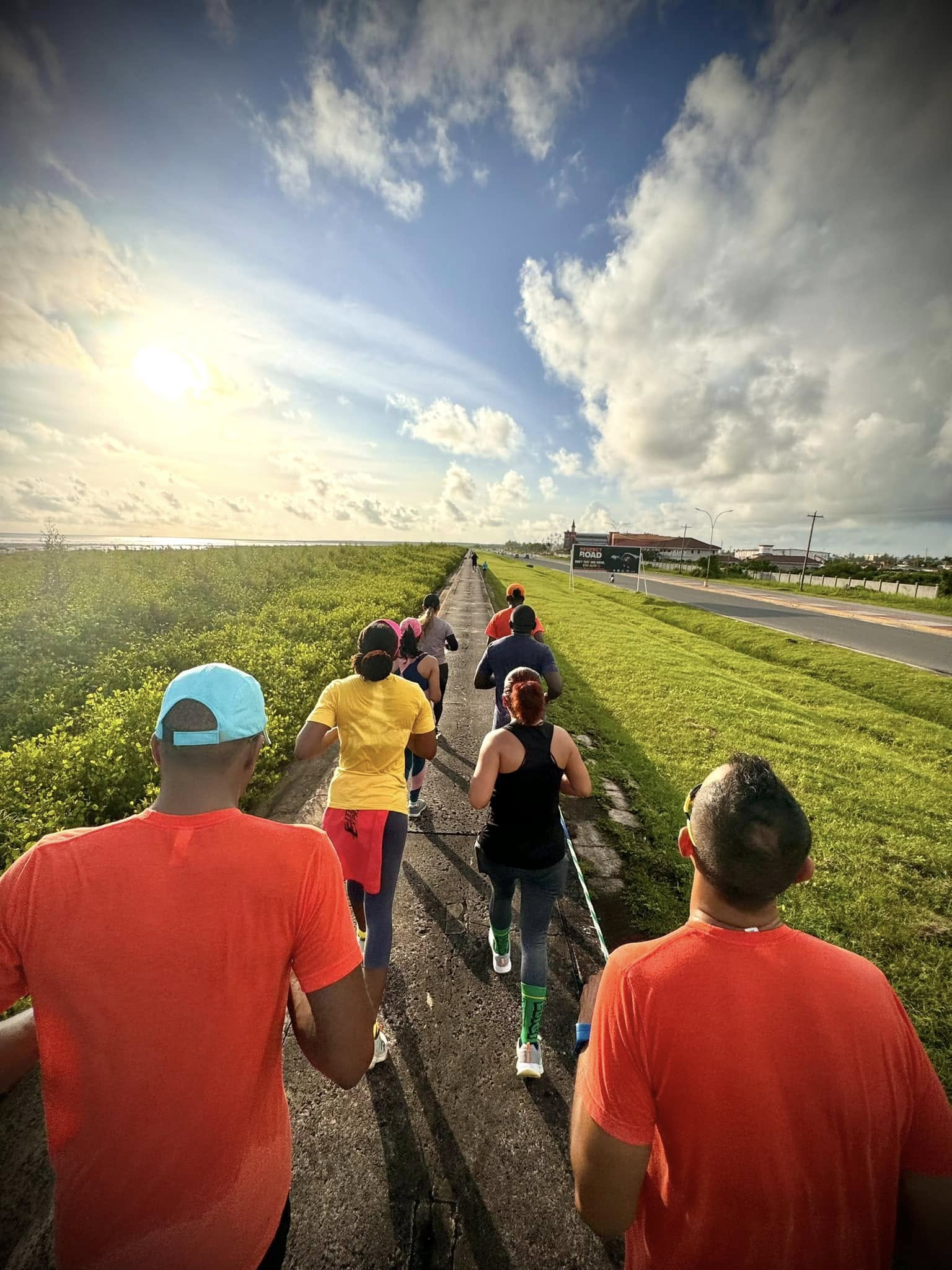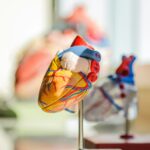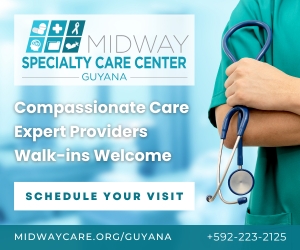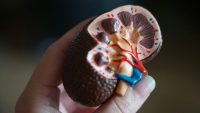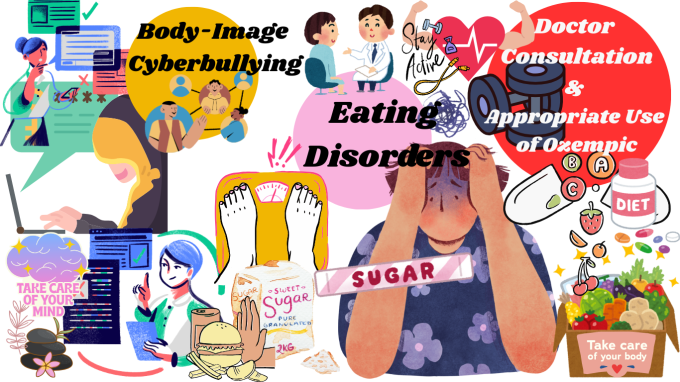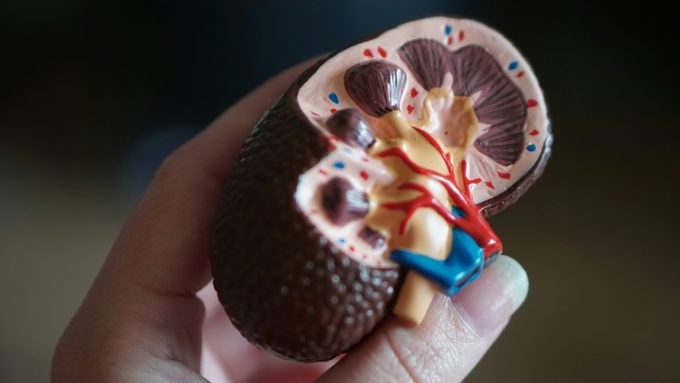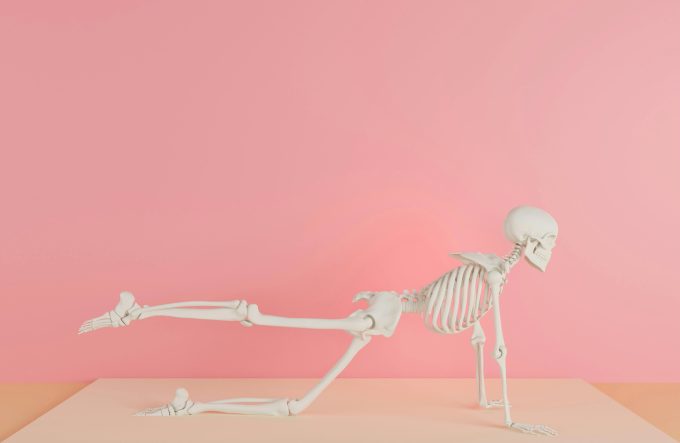In our beautiful Guyana, where the sea breeze meets the bustling markets and streets lined with rich history, a silent epidemic is taking hold. Chronic diseases such as diabetes, hypertension, and heart disease are becoming increasingly prevalent, affecting thousands of Guyanese each year. While diet and healthcare access play essential roles in managing these conditions, one of the most powerful and accessible ways to combat chronic illness often goes overlooked—physical activity.
Guyana faces a growing burden of non-communicable diseases (NCDs), with cardiovascular disease standing as the leading cause of death. According to the Pan American Health Organization (PAHO), nearly 70% of deaths in the country are linked to chronic conditions, many of which could be prevented or better managed through lifestyle changes. The fast-paced urban lifestyle, increased consumption of processed foods, and a decline in physical activity have all contributed to this alarming reality.
Despite these challenges, there is hope. Engaging in regular physical activity provides a wealth of health benefits that extend far beyond weight control. It helps regulate blood sugar levels, lowers blood pressure, reduces cholesterol, and strengthens the heart. Research has shown that just 150 minutes of moderate-intensity exercise per week can significantly reduce the risk of heart disease, stroke, and type 2 diabetes.
Yet, many people struggle to incorporate physical activity into their daily lives.
Limited green spaces, long work hours, and cultural habits often pose barriers to a more active lifestyle. While the seawall and the National Park offer some opportunities for exercise, the need for more accessible recreational areas remains. Moreover, with many people working extended shifts, finding time for structured workouts can be difficult. Cultural perceptions also play a role—physical activity is often associated with gym workouts rather than an active lifestyle, leading many to believe that fitness requires expensive memberships or special equipment.
The truth is, physical activity does not have to be complicated. Simple lifestyle changes can have a profound impact on health. Walking more, whether it’s a morning stroll along the seawall or opting to walk to the market instead of driving, is a great way to stay active. Public spaces such as the National Park, Promenade Gardens, and community fields offer wonderful opportunities for jogging or light exercise. Dance, deeply embedded in Guyanese culture through soca, reggae, and chutney music, provides a fun and social way to stay fit. Home workouts, using bodyweight exercises like squats and push-ups, require no equipment and can easily be incorporated into daily routines. Additionally, joining a community group—be it a walking club, a yoga class, or a football team—can provide motivation and accountability, making it easier to stick to an active lifestyle.
Physical activity is beneficial for all ages. Children and teens should be encouraged to play and participate in organized sports to build lifelong healthy habits. Adults can integrate movement into daily routines, such as walking during lunch breaks or cycling to work. For the elderly, low-impact activities like tai chi, stretching, or water aerobics help maintain mobility and reduce joint pain.
However, individual efforts alone are not enough. To truly combat chronic diseases, communities must work together to foster an environment that encourages physical activity. Local policymakers and health organizations can play a vital role by expanding safe walking and cycling paths, promoting exercise programs in schools and workplaces, and raising awareness about the benefits of an active lifestyle through media campaigns.
Physical activity is one of the most powerful tools we have in the fight against chronic diseases. While there are challenges to overcome, we can take small but meaningful steps toward a healthier future. By incorporating more movement into daily routines and embracing a culture that values active living, we can create a healthier, more vibrant Guyana for generations to come.

